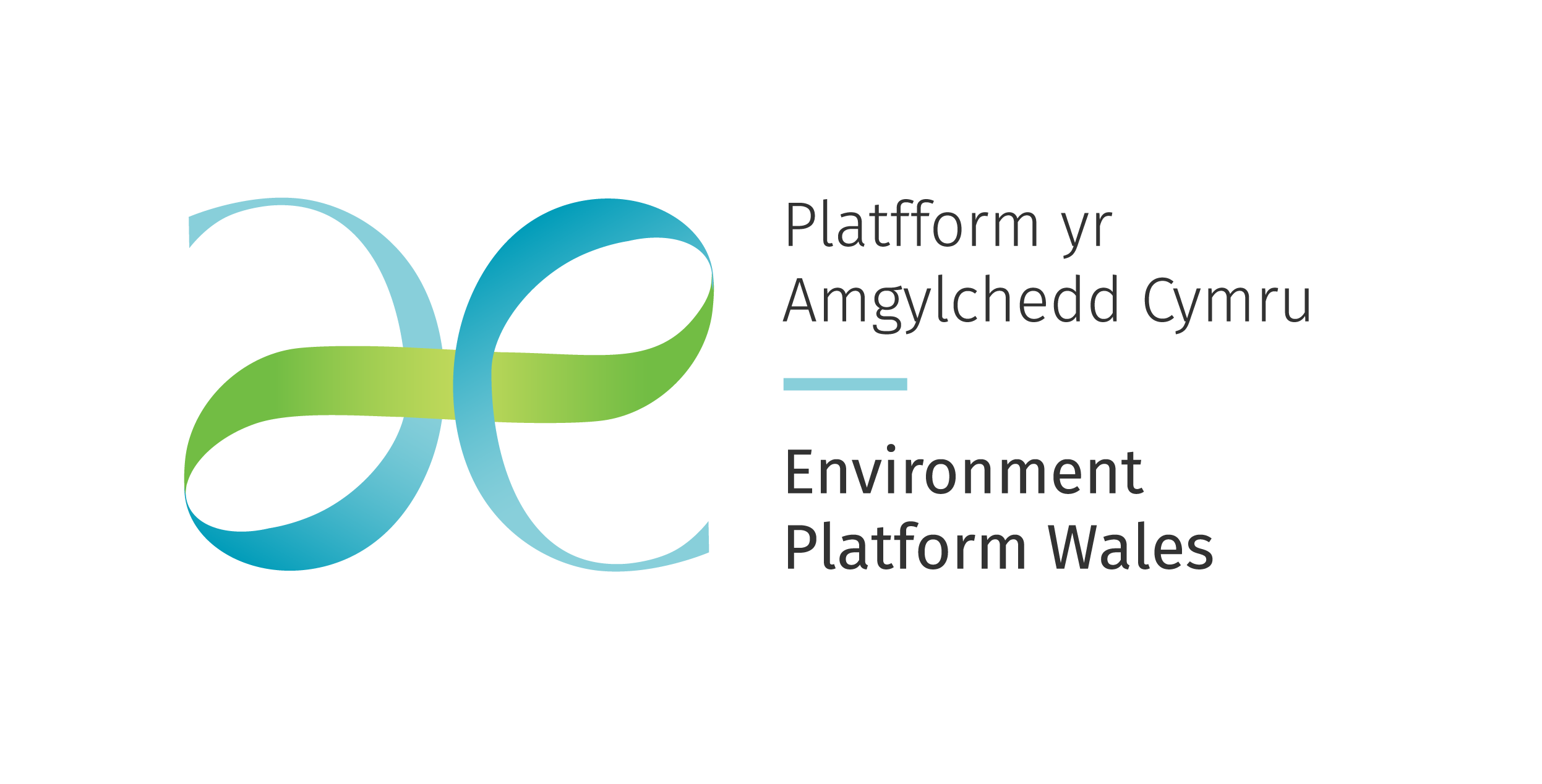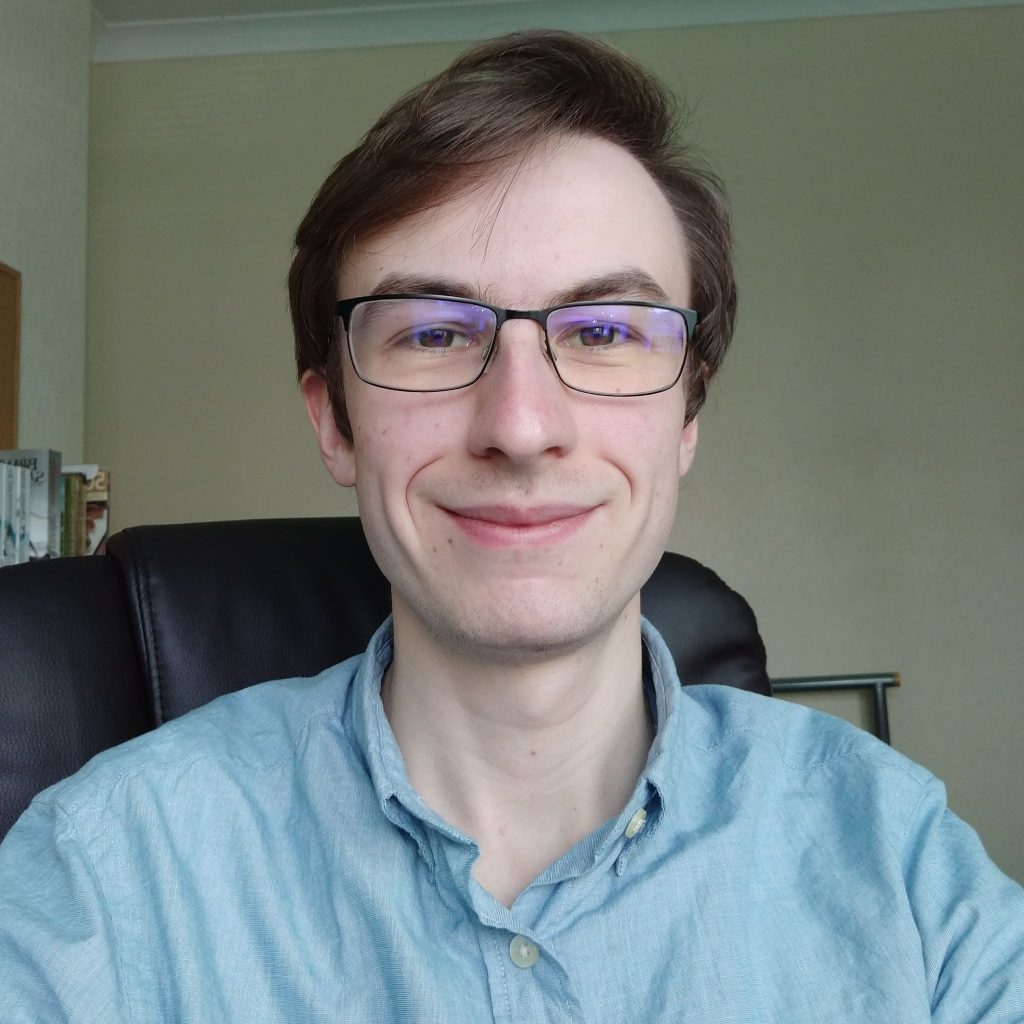
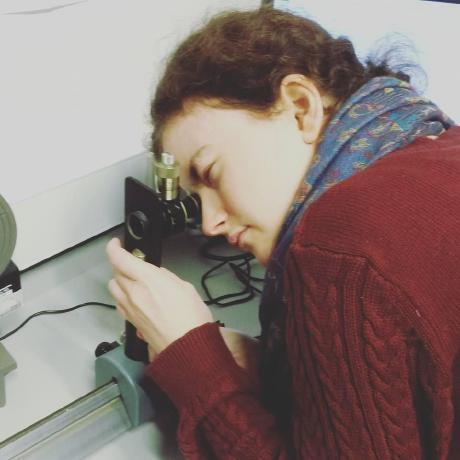
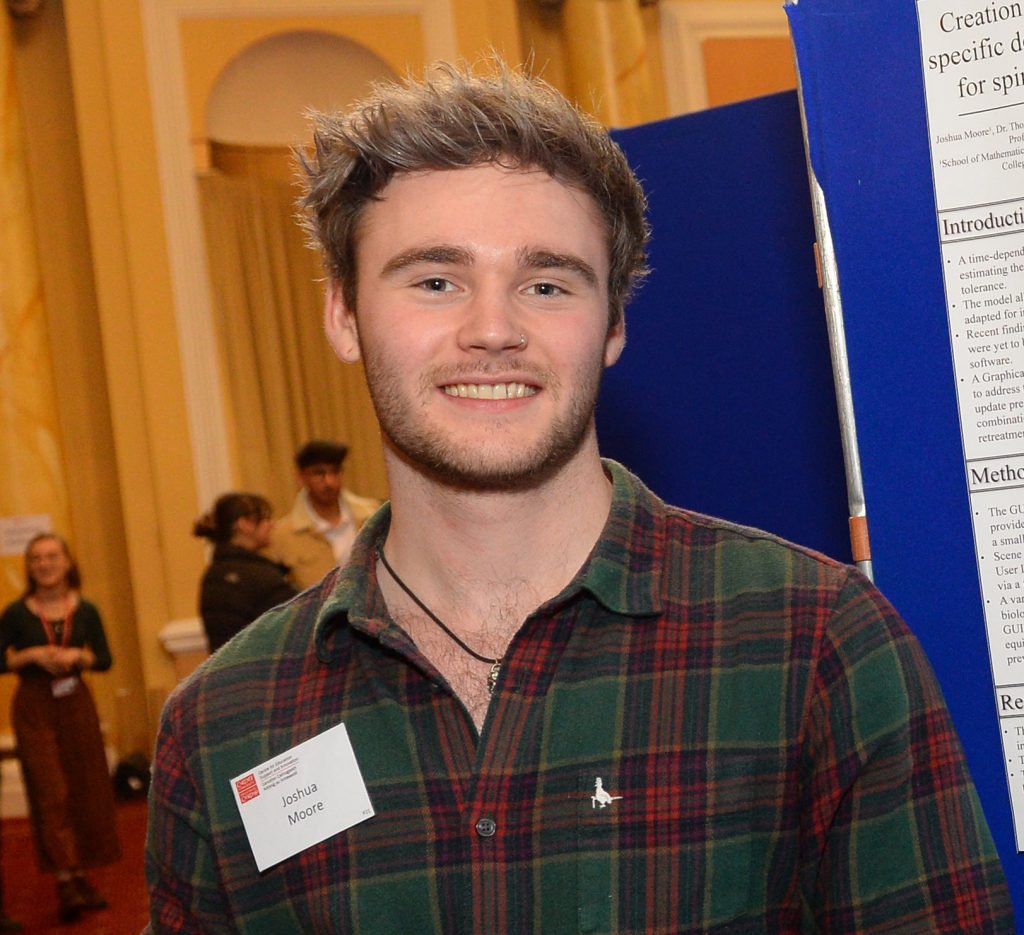
Students from Cardiff University are celebrating following their successful submission to NERC’s COVID-19 Recovery Hackathon. The Hackathon called for environmental researchers, health and social science experts and data specialists to join an urgent sprint earlier this summer. Joshua Moore, Lucy Henley and Timothy Ostler from Cardiff’s prestigious School of Mathematics joined forces to form ‘Team MATHBIO’ to respond to the call, which asked applicants to draw from key NERC digital assets and datasets to consider the environmental impacts and consequences of COVID-19 and create a wealth of environmental solutions to the pandemic.
As part of their prize-winning bid, the team developed an app which allows companies to optimise social distancing measures on public transport, using a so-called “greedy algorithm” to calculate the optimum number of people that could sit on a train carriage, as well as the optimal seating arrangement that adhered to current social distancing measures.
Environment Platform Wales caught up with the team members to chat them about their studies, how mathematics can intersect with environmental studies and their plans for the future.
Our #PHDLife
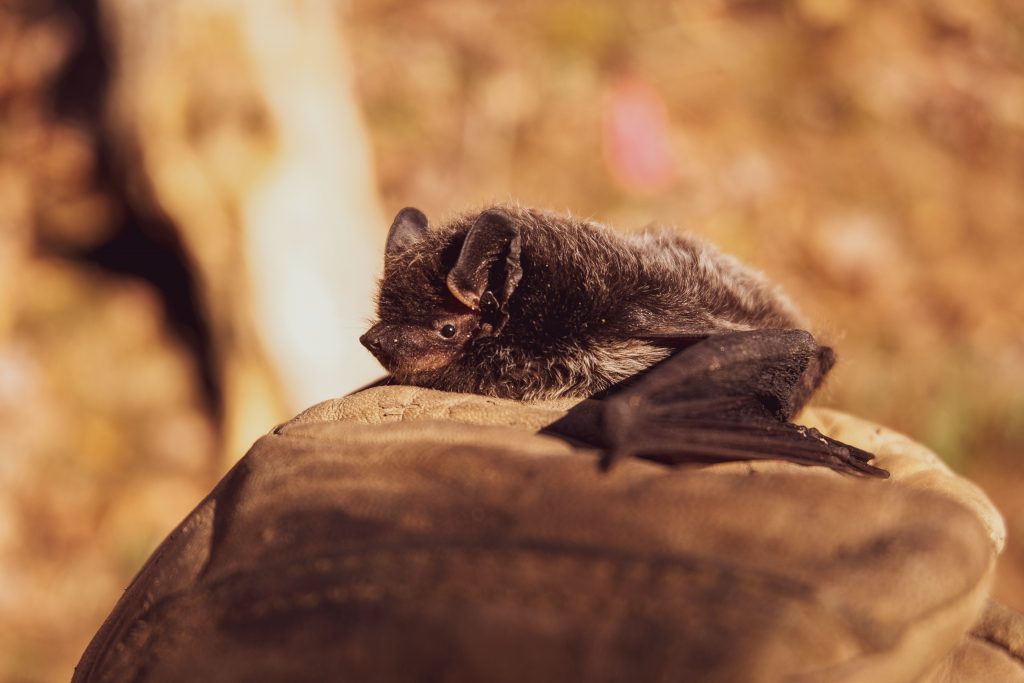
Lucy: My PhD project focuses on developing a method to estimate the location of bat roosts. Locating roosts is incredibly important for conservation of habitat as bats are very reliant on the landscape surrounding their roosts. However, actually locating a roost is an extremely difficult task. Because bats are nocturnal, very small (the smallest species in the UK is about the size of a thumb!), and they fly very quickly, it’s difficult to follow them back to their roosts. My project aims to use mathematics to estimate where a roost is likely to be, cutting down the search time and making it easier for ecologists to focus their attention on conservation.
Josh: I started my PhD October 2019 after completing my BSc in mathematics in June 2019 and undertaking a research project with my current supervisor over the summer of 2019. My primary research focuses on using mathematical models to understand how cells communicate and self-organise to form mammary organoids (a small, lab grown collection of cells that are able to retain the function of the mammary duct). These models consider many scales of interactions, from as small as internal cell dynamics to large scale tissue mechanics. By using multi-scale odels, we are able to investigate how small changes to a single cell can alter the development of the organoid, which we measure through the shape and structure of the growing cellular population.
Tim: I started my PhD October 2019. I work with the London Women’s Clinic on two main projects; modelling the way frozen embryos warm up, and trying to predict whether an embryo is going to lead to a successful pregnancy based on videos of the way it thaws after being frozen
What drives us
Tim: I’ve always been interested in the idea of research, because I like the idea of expanding what we know about maths, and the way it can used in real world applications. I enjoy the problem solving aspect of my work.
“It feels great when you manage to puzzle out a solution to a problem you’ve been mulling over. As an undergrad, you only look at problems that we know have answers, but research problems in maths can be difficult to unpick and find solutions to so its very rewarding when you put all the pieces together….” – Tim
Josh: I think the thing that attracted me the most to research was the notion of attempting to answer questions that have never been answered before, pushing the bounds of what we know. I first knew I wanted to pursue a career in research when I was introduced to the applications of maths in predictive medicine, demonstrating the importance and applicability of what I was learning in my in undergraduate degree. I most enjoy collaboration with teams in other fields of research, using mathematics to give an alternative perspective to a problem. The skills I have gained from studying maths has given me the flexibility to work on variety projects in areas of psychology, immunology and radiobiology, to name a few.
Lucy: I was attracted to research because research requires a lot of independent critical thinking, and gives the opportunity to work in a wide range of areas. I particularly enjoy the variety of work I do: one day I can be locating bat roosts, and the next I can be modelling epidemics.

On the NERC Hackathon
Josh: We heard about the NERC Hackathon through members of our Mathematical biology research group at Cardiff that focuses on environmental applications. We were able to focus on a project that really interested us and felt this would be a great way to use the skills we developed during our PhD – to ask (and attempt to answer) questions about the implications of lockdown in sectors that been overlooked during the pandemic.
Tim: Our supervisor, Thomas Woolley, sent us an email telling us about the event. I’ve actually worked with the NERC before modelling river population stability, so I was interested on working on an NERC project again. Also, Covid-19 has obviously had a huge impact on the world, so I wanted to try and play a part in the effort to understand the long term effects of lockdown. The hackathon provided a really good opportunity to use maths to help us understand the unpredictable consequences of Covid-19.
Lucy: I decided to apply for the hackathon because I wanted the chance to do something that could help, both with the COVID crisis and with the environment.
“I’m very passionate about environmental issues, especially with the effect of human activities on the natural environment (hence why I chose my PhD project!), and this seemed like a good opportunity to make a difference…” – Lucy

On air quality and public transport
Josh: We chose the specific project due to the alarming statistics that highlighted the lack of passengers using public transport even as lockdown measures were easing, and despite this the transport services were operating, which completely undermined the perspective of public transport being better for the environment than personal transport. We wanted to use the short project as warning to transport companies in South Wales that current operation under 2m social distancing is having both the economic and environmental implications.
Tim: The hackathon theme was ‘recovery’, so we knew we needed to investigate the effect of lockdown on meeting global emissions targets. We spent some looking at data and thinking about the ways lockdown has affected emissions, and we noted that a big consequence of lockdown was an initial reduction in travel, but then car usage increased again whilst public transport usage stayed low.
“We started thinking about how this might affect meeting emissions targets if this pattern continued, and settled on the idea that the capacity of public transport would be tied to its environmental impact.” – Tim
Lucy: We chose to work on public transport because we’d noticed a huge decrease in the number of passengers on public transport during the lockdown period, and whilst car journeys were starting to increase again, public transport usage was still very low. We wanted to see if there was a way to improve capacity of public transport, whilst still making sure that passengers feel safe, to hopefully decrease the emissions from travel.
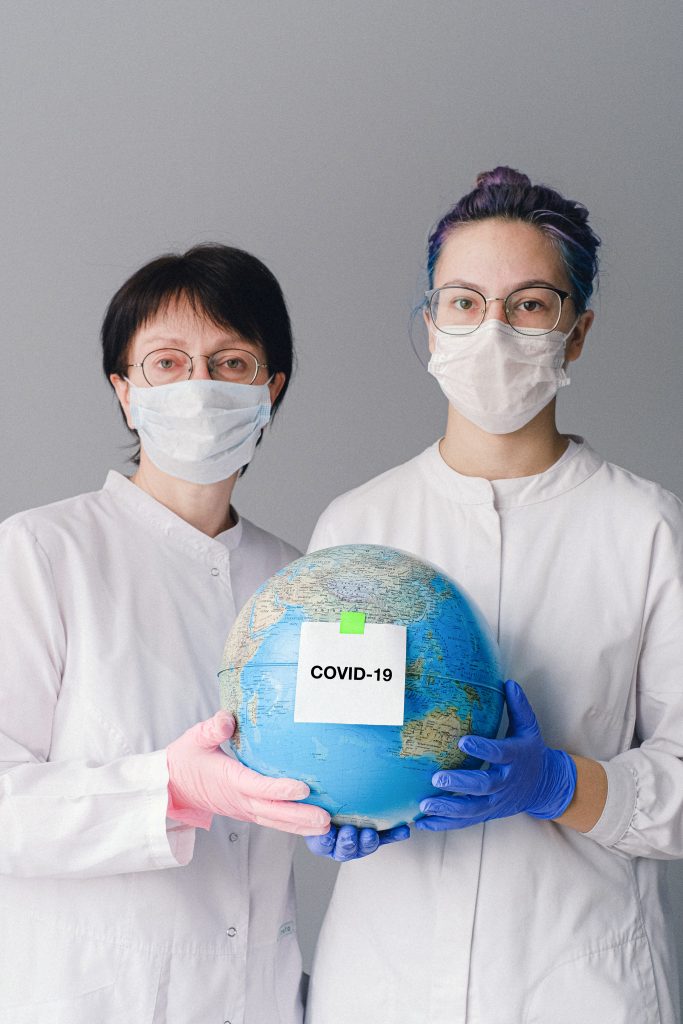
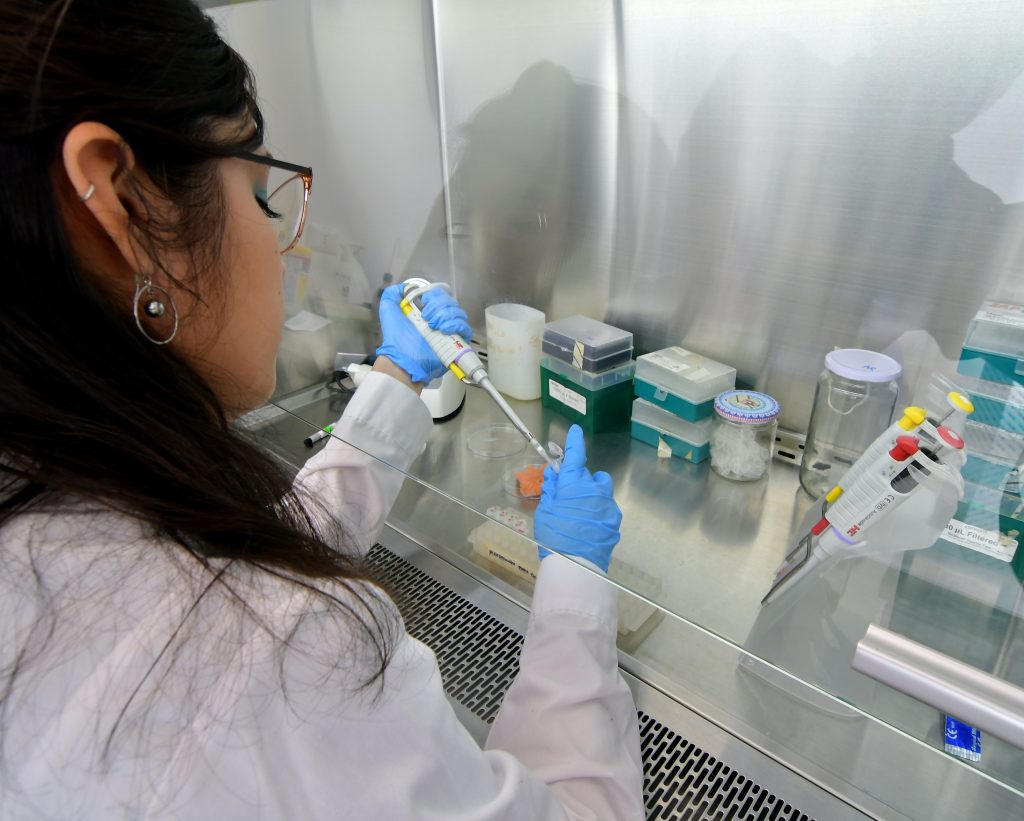
The future is bright….
Tim: I’m definitely interested in working on environmental topics in the future! Obviously climate change is a massive issue, so working on this would mean a lot to me. I’m also highly interested in ecological modelling, having previously worked on river population stability models for the NERC, so this is a field I would love to get more involved with (particularly if it involved penguins as they’re my favourite animal!). I’m only in my first year of the PhD so I have plenty of time to decide what I would like to do afterwards, I’m keeping my options open.
Josh: I’m drawn to areas of sustainability and innovations in synthetic meat substitutes. However, I am open to working on any problem that captures my interest.
“I hope to continue to work in academia and obtain a post-doctoral research position in applied mathematics. Though, I am still in my first year of my PhD, you might want to ask me again in a couple of years…” – Josh
Lucy: I’m still working with bats for my PhD, and I’m planning on doing some work with modelling the suitability of landscape around roosts to improve conservation of important habitats. Having been part of the women in maths group at Cardiff university, I hope to inspire more young women to get involved in STEM. I hope to move more towards ecology, and get more involved with conservation for the diverse and interesting wildlife in the UK.
Find out more about studying with Cardiff’s School of Mathematics




